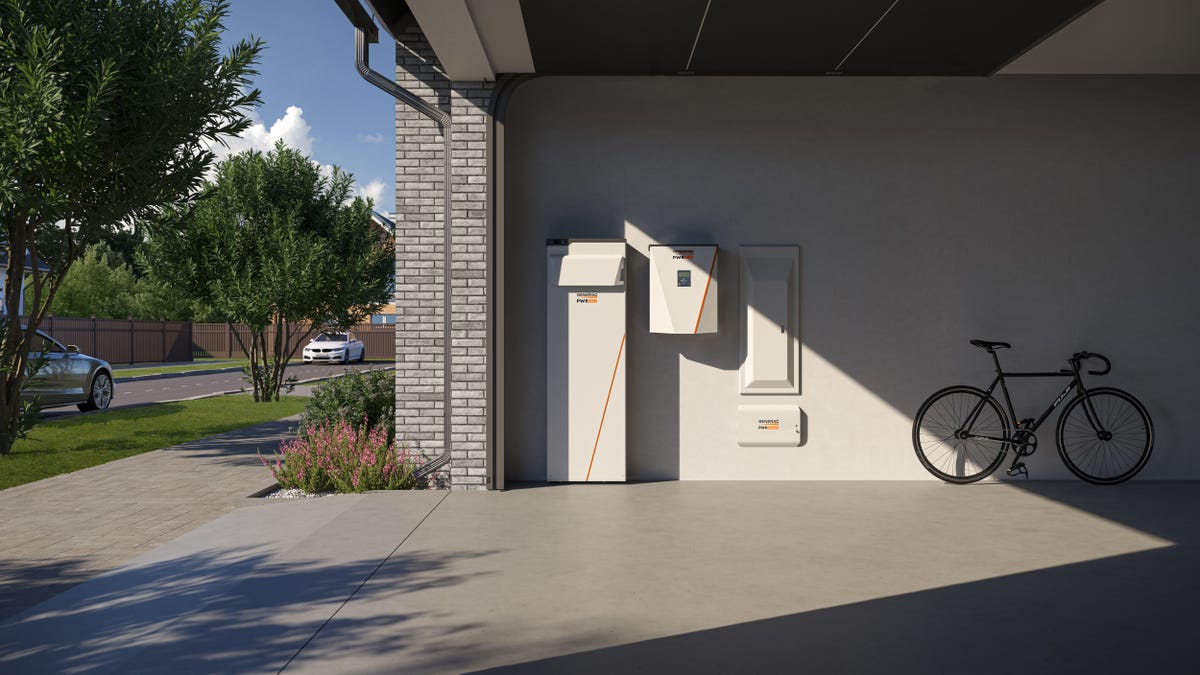One of the many perks of going solar is the idea you can bank cash or credit when you generate excess energy.
It’s called net metering or net billing — and not every state or utility offers it.
Each state has its own policies around net metering, which can make it hard to sift through what exactly net metering means for you.
Can solar panels save you money?
Interested in understanding the impact solar can have on your home? Enter some basic information below, and we’ll instantly provide a free estimate of your energy savings.
With net metering, owners of solar panels can offset their energy use by transferring the excess energy they generate back to their utility’s electrical grid. In some cases, electrical customers enrolled in net metering programs can save or make money on their electric bill when they generate more energy than they need to power their home with.
To help you understand what net metering is, we’ve answered the biggest questions you need to know as you research net metering policies in your area.
Here are the basics of net metering: what it is, how to get it and how to know if your state has it.
For more on solar panel shopping, here are CNET’s picks for the best solar panels for your home and best solar companies.
If net metering isn’t right for you, maybe a solar battery is the way to go.
Generac
What if my state doesn’t have net metering laws?
There are some states that don’t officially have either a net metering or a net billing law, but instead they have what’s called a solar buyback program. These programs work similarly to net metering and net billing. You’re credited for the excess energy you generate with your solar panels and then send back to the grid. The only difference is the rate at which you are paid, which will differ from each solar buyback program.
Sometimes, it’s not the state but a local utility that has a net metering policy, even if your state doesn’t have any official laws governing these policies. Based on our research, every state has some form of net metering, net billing or other solar buyback program — whether the program is controlled by the state or the utilities. Again, the best way to identify your specific net metering, net billing or other solar buyback program is to contact your solar installer or your local utility.
In some cases though, it might be more beneficial to invest in a solar battery and bank the excess energy you generate to use during the non-sunny hours of the day. If you want to learn more about solar batteries check out this story on why solar batteries might be right for you.
“The important thing for consumers looking into solar is [to] make sure you’re asking good questions of your installer, and they should be able to walk you through it,” Delman said.
For more on net metering and solar, check out this story on how to dodge too-good-to-be-true solar scams and how to estimate how many solar panels you need for your home.


